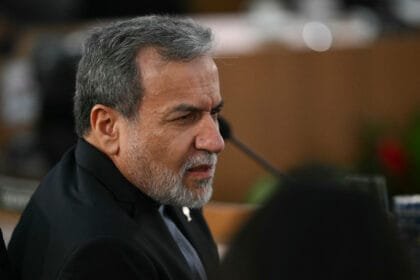Uruguay, Latin America – In a first in Latin America, Uruguay has passed a law legalizing euthanasia, becoming the first country in the region to regulate this practice through explicit parliamentary legislation, rather than a court decision or medical exception.
The law, passed by the Senate after years of societal and ethical debate, grants patients suffering from terminal illnesses and unbearable suffering the right to choose to end their lives. This can be done with dignity and under full medical supervision.
What does the new law include?
The law allows any adult, mentally healthy person suffering from an incurable illness that causes persistent, unrelieved pain to formally request euthanasia.
The law requires that the request be submitted at least twice, with a specified time interval, and that it be approved by a medical team after verifying the case.
It also stipulates that the physician is the one who performs the procedure, not the patient. This distinguishes between “euthanasia” and “medical-assisted suicide.”
Positions differ between supporters and opponents
The decision sparked widespread controversy inside and outside Uruguay.
While supporters view it as a victory for human freedom and dignity, opponents argue it opens a dangerous door to legalizing the termination of life, a move that may conflict with religious and humanitarian values.
However, the government emphasized that the law was designed with strict controls to prevent any misuse. The goal is to alleviate suffering, not to end life in vain.
Uruguay’s position among the countries of the continent
Uruguay is the first country in Latin America to pass a law of this kind. Colombia and Ecuador had previously permitted euthanasia only through court orders, without clear legislation.
With this, Uruguay joins a limited list of countries around the world that have legalized euthanasia, such as the Netherlands, Belgium, and Canada.
Human and legal background
Discussions on this law began in 2020, following demands from human rights organizations and doctors. The demands included the need to establish a legal framework that protects patients who choose to voluntarily end their lives.
Over time, representatives from across the political spectrum adopted the bill, eventually passing it with a comfortable majority in Parliament.

















